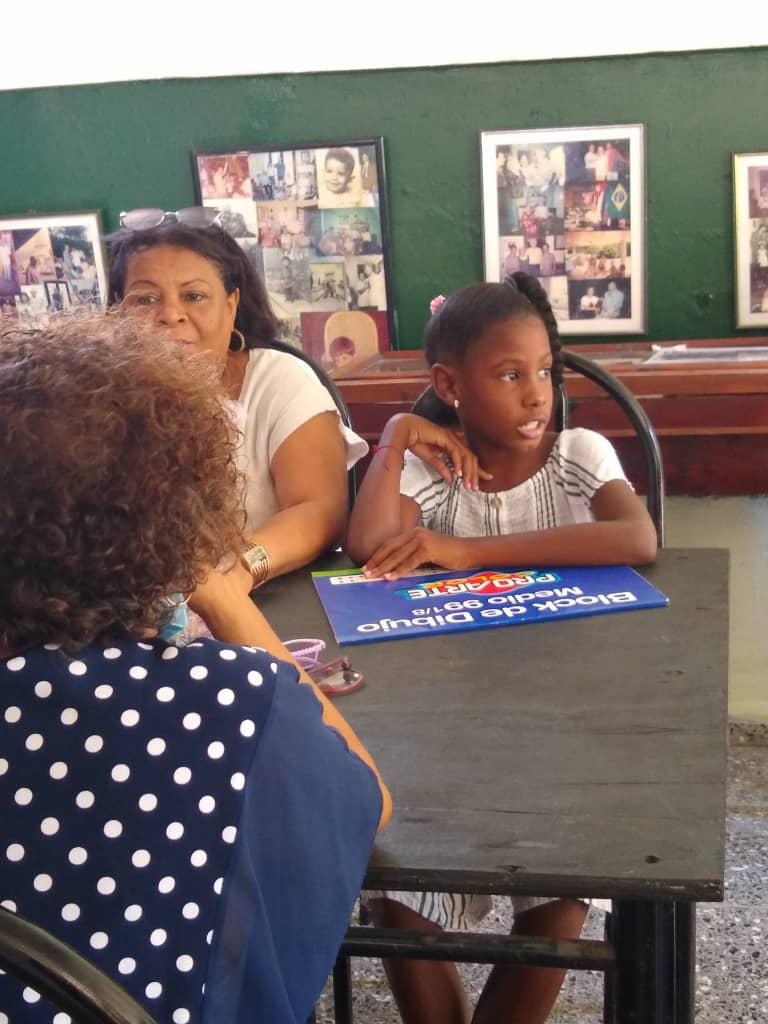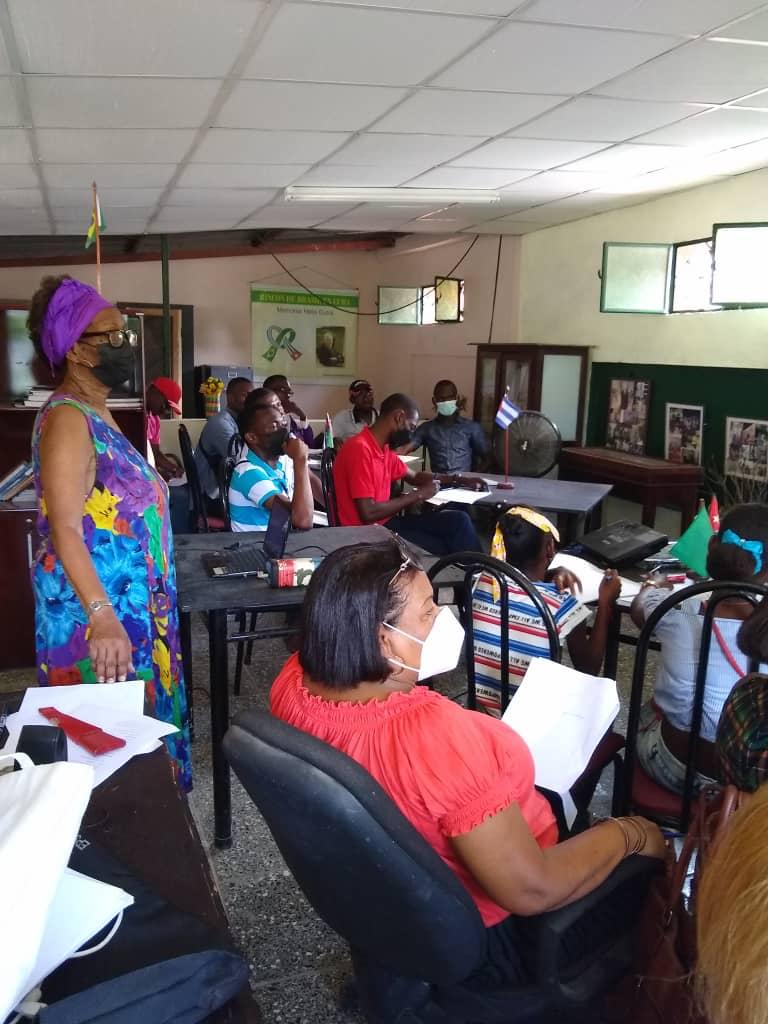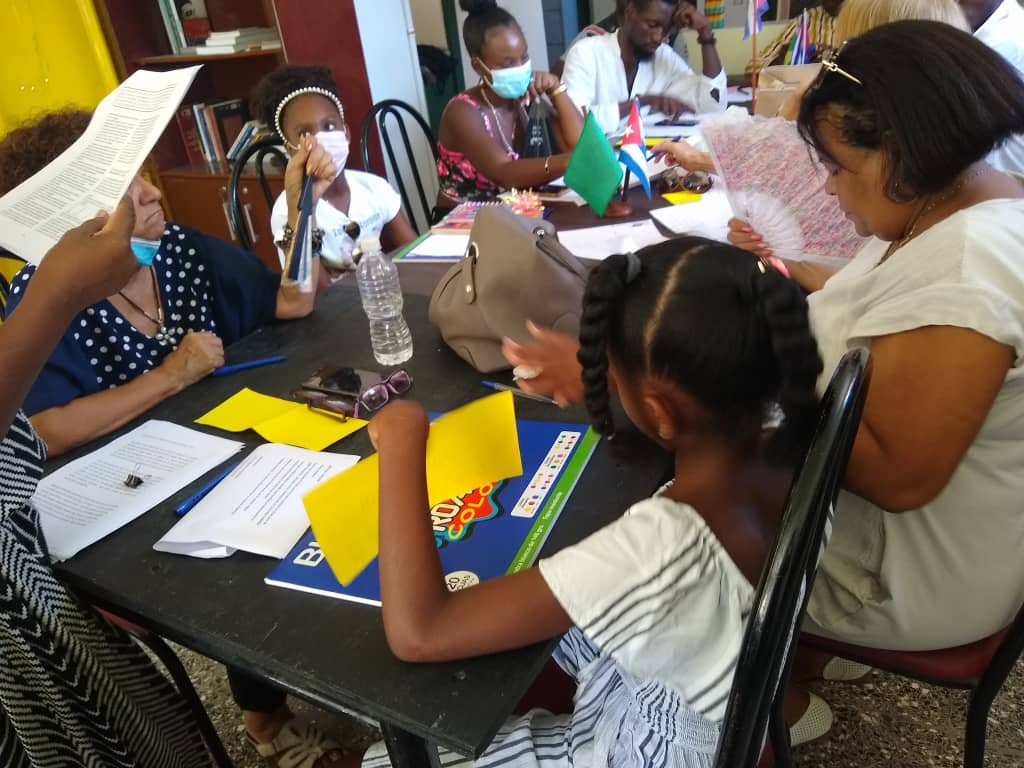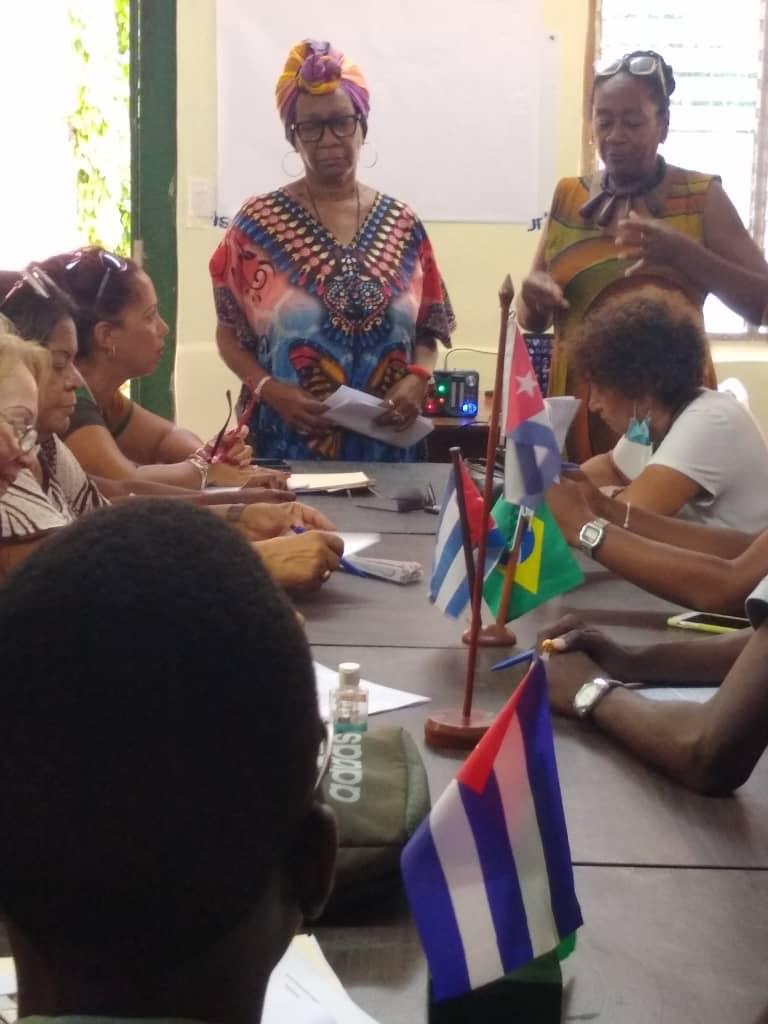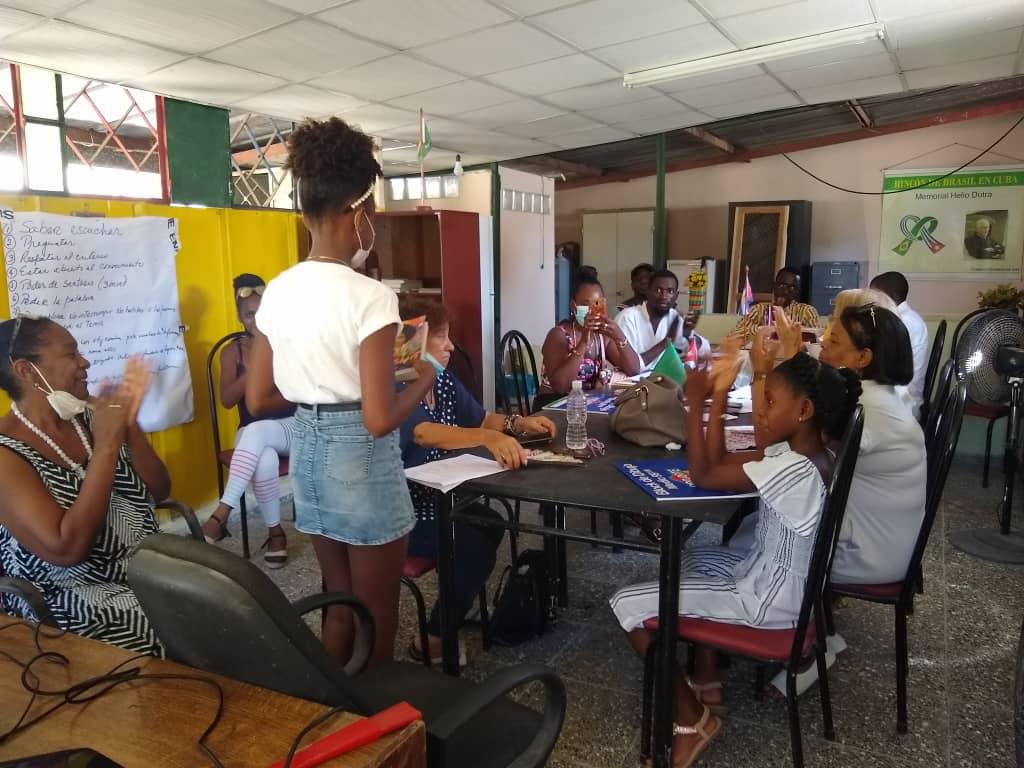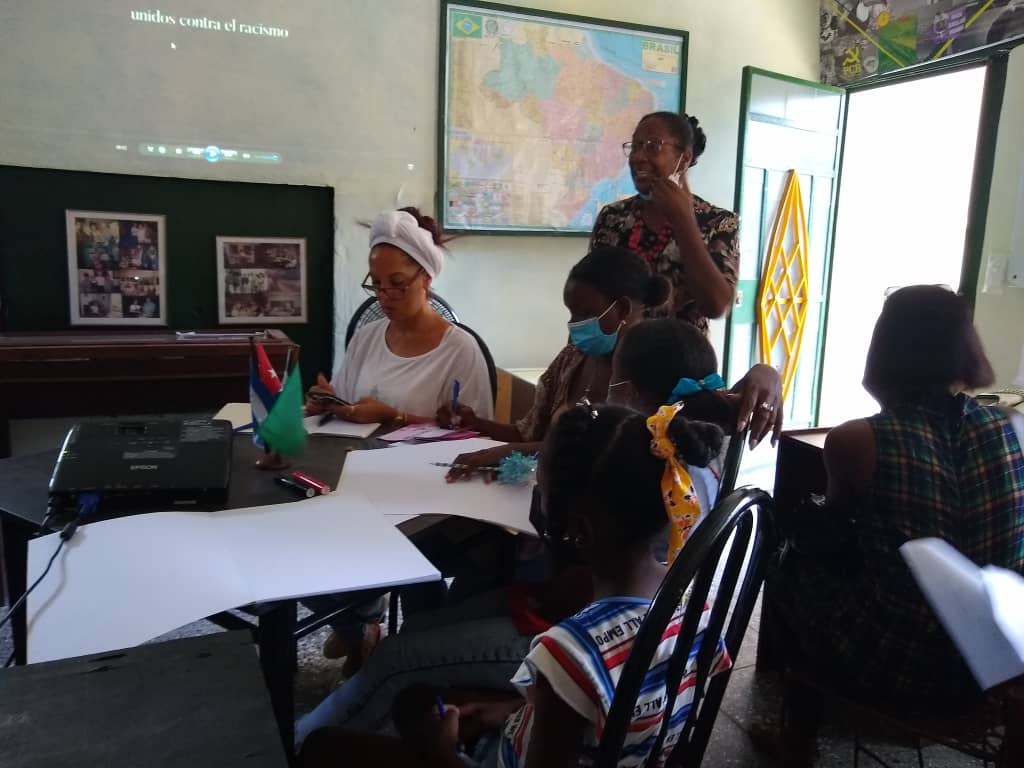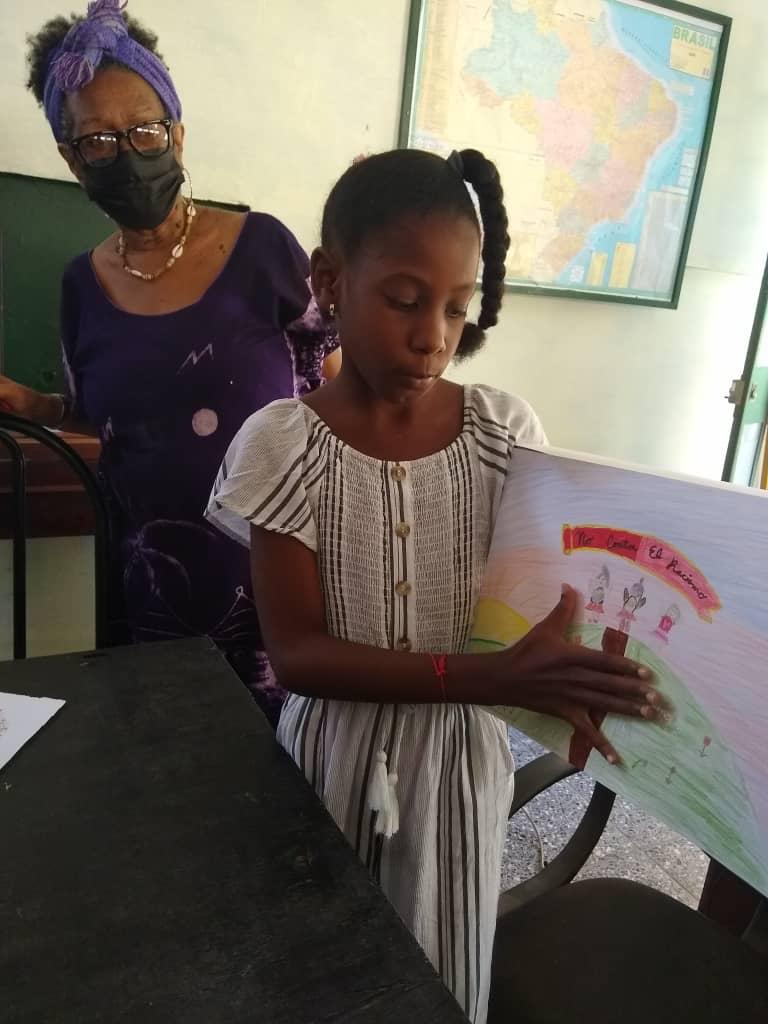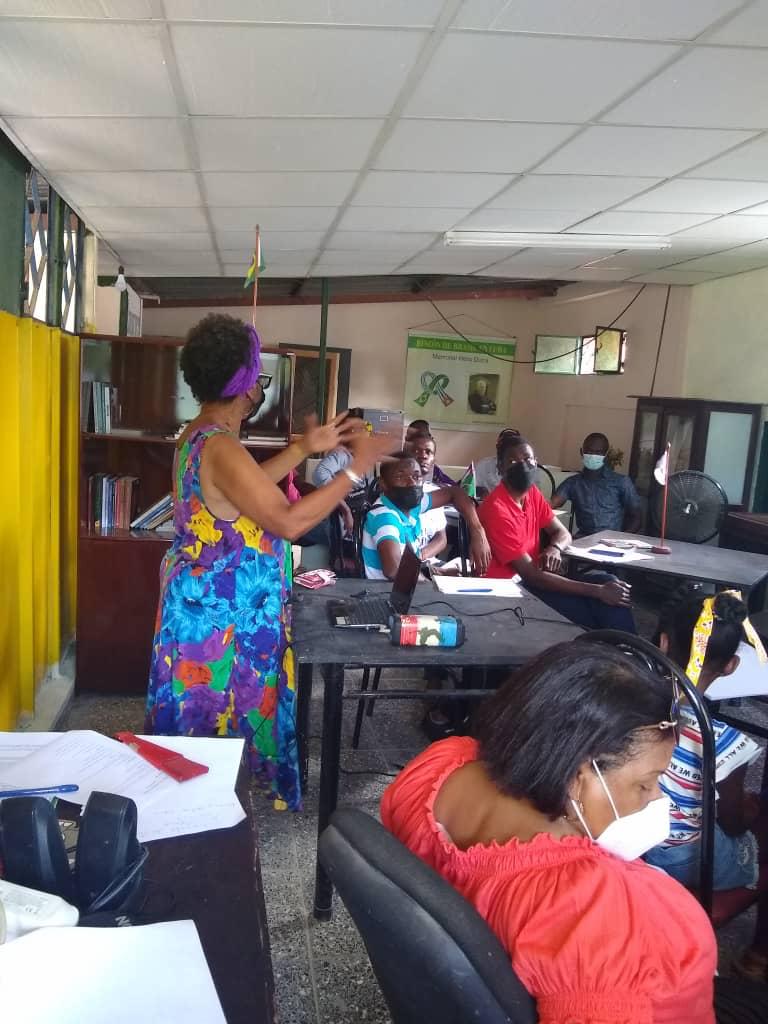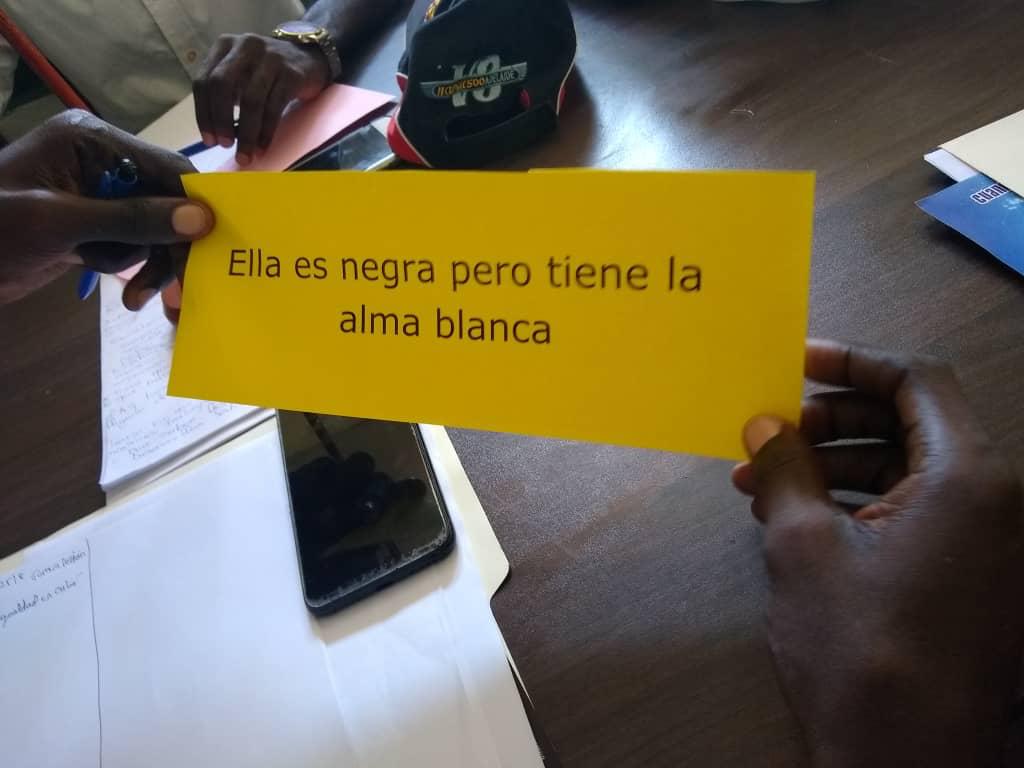Identity, Diversity and Activism Cuba
In July Professors Norma Rita Guillard Limonta and Rosaida Ochoa Soto ran a 3 day programme with young people to look at issues of Identity, diversity and activism in Havana, Cuba.
There were 15 primary and secondary school girls and medical specialists, psychologists, specialists in sociocultural studies, social activists, doctors/students from the Congo, and entrepreneurs.
At the outset, to create a safe space for discussion the participants were asked to set ground rules for the course and express their expectations.
They requested to learn more about:
- Learn coping mechanisms about racism.
- Challenges of cultural expressions that they have to face.
- Know the actions that can be taken to combat racism.
- Delve into the history of racism.
- Increase knowledge about racial roots.
- Desire to form a network that empowers and spreads the activities and the program.
Over the course of the 3 days they discussed some of the challenges they face personally and in their community. They studied examples of activism and students were encouraged to think of how they might mobilise their own communities. Below are some of the ideas which will they will work on.
- In the education of children where violence does not mediate. Focus on SAYING NO TO Child Abuse.
- Combating Drug Addiction in adolescence and any age in his community.
- Work to empower the women of her community in the development of craft skills that allow her to develop entrepreneurship as a source of livelihood, development of self-esteem and personal independence.
- Develop an activism focused on Afro-descendant culture and identity both nationally and internationally.
- Develop knowledge of sexual orientation since there is a lot of discrimination and little knowledge about it.
- Maintaining African culture and traditions.
- Cultural Education also teaching the history of roots and traditions.
- Focus on self-esteem and self-care aspects aimed at improving health
- Raise awareness of reproductive health in adolescents.
- Creating a culture of Environmental Health in childhood stages in order to care for the environment from an early age.
The course leaders told us “We learned as much from the young people as they learned from us. They are all inspiring and we will be following their progress with enthusiasm!”




